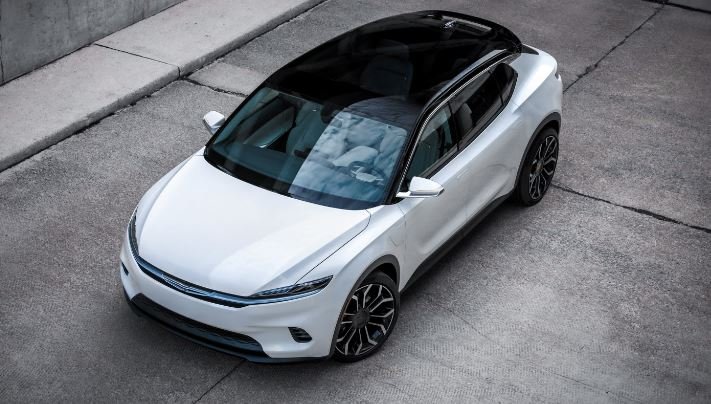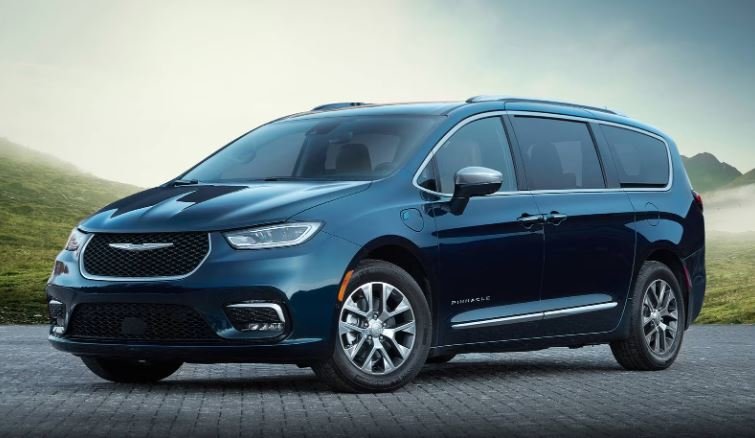Chrysler has played a significant role in the development of hybrid technology, contributing to the automotive industry’s shift towards more sustainable and fuel-efficient vehicles. While many automakers have embraced hybrid technology as a solution to rising fuel costs and environmental concerns, Chrysler’s approach has been distinctive, focusing on integrating hybrid systems into vehicles that maintain the brand’s commitment to performance, innovation, and practicality. Chrysler’s contributions to hybrid technology reflect its dedication to pioneering advancements that benefit both consumers and the environment.

1. Early Exploration of Hybrid Concepts
Chrysler’s involvement with hybrid technology dates back to the late 20th century when the company began exploring alternative powertrains. In 1993, Chrysler unveiled the Dodge Intrepid ESX, a concept vehicle that featured a hybrid-electric powertrain. The Intrepid ESX was part of Chrysler’s participation in the Partnership for a New Generation of Vehicles (PNGV), a government initiative aimed at developing highly fuel-efficient vehicles. Although the Intrepid ESX did not go into mass production, it laid the groundwork for Chrysler’s future hybrid endeavors by demonstrating the potential of hybrid technology to reduce fuel consumption and emissions.
2. The Launch of the Chrysler Aspen Hybrid
In 2008, Chrysler made its first major foray into the hybrid market with the introduction of the Chrysler Aspen Hybrid, the first hybrid SUV to be offered by an American automaker. The Aspen Hybrid featured a two-mode hybrid system, developed in collaboration with General Motors and BMW, that combined a 5.7-liter HEMI V8 engine with electric motors. This system allowed the Aspen Hybrid to deliver strong performance while achieving better fuel efficiency than its non-hybrid counterparts. The launch of the Aspen Hybrid marked a significant milestone for Chrysler, showcasing its ability to integrate hybrid technology into larger, more powerful vehicles without sacrificing performance.
3. Innovation with the Chrysler Pacifica Hybrid
Chrysler’s most notable contribution to hybrid technology came in 2017 with the release of the Chrysler Pacifica Hybrid, the world’s first plug-in hybrid minivan. The Pacifica Hybrid represented a major advancement in hybrid technology, offering a fully electric driving range of 33 miles and an overall range of more than 500 miles. The vehicle’s innovative powertrain, which combines a V6 gasoline engine with dual electric motors, allows it to operate in both electric-only mode and hybrid mode, depending on driving conditions. The Pacifica Hybrid not only delivers exceptional fuel efficiency but also retains the spaciousness and versatility that have made the Pacifica a favorite among families. This model highlights Chrysler’s ability to push the boundaries of hybrid technology while meeting the practical needs of consumers.
4. Commitment to a Sustainable Future
Chrysler’s ongoing commitment to hybrid technology is part of a broader strategy to embrace sustainability and reduce the environmental impact of its vehicles. The success of the Pacifica Hybrid has paved the way for future hybrid and electric models, as Chrysler continues to invest in research and development to enhance the efficiency and performance of its hybrid systems. As part of Stellantis, the global automotive group formed from the merger of Fiat Chrysler Automobiles and PSA Group, Chrysler is poised to expand its hybrid offerings and contribute to the group’s goal of achieving carbon neutrality by 2038. Chrysler’s role in the development of hybrid technology underscores its dedication to innovation and its vision for a more sustainable automotive future.
Conclusion
Chrysler’s role in the development of hybrid technology has been marked by innovation, practicality, and a commitment to sustainability. From early hybrid concepts to the groundbreaking Pacifica Hybrid, Chrysler has demonstrated its ability to integrate advanced technology into vehicles that meet the needs of modern consumers. As the automotive industry continues to evolve, Chrysler remains a key player in the transition to hybrid and electric vehicles, contributing to a greener and more sustainable future.

